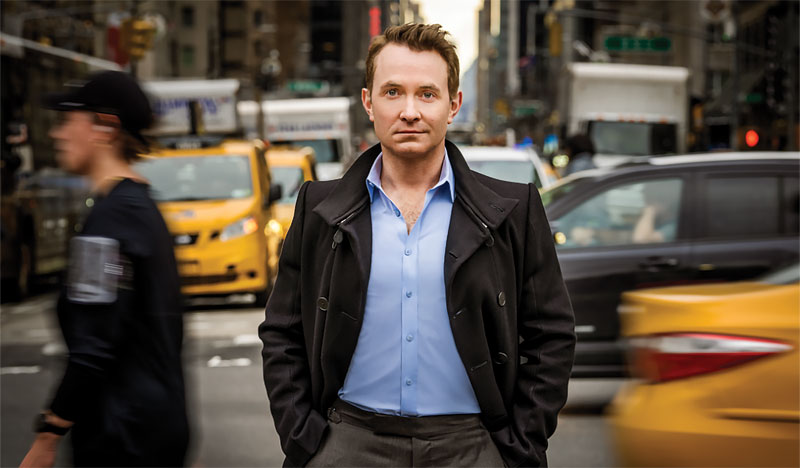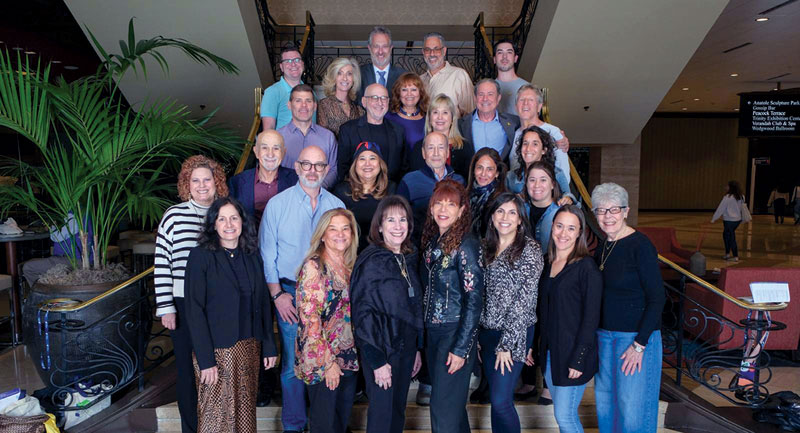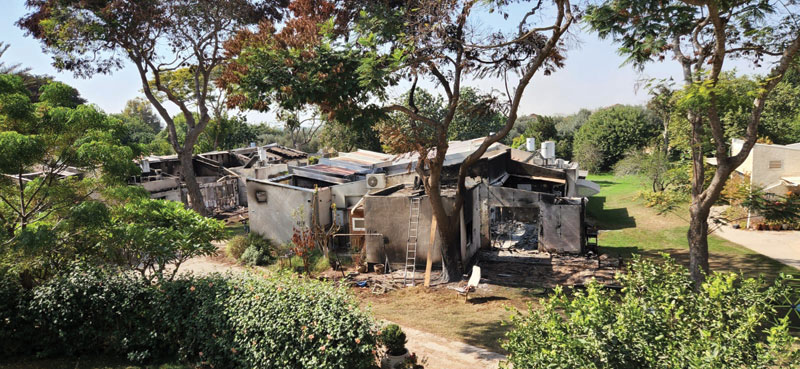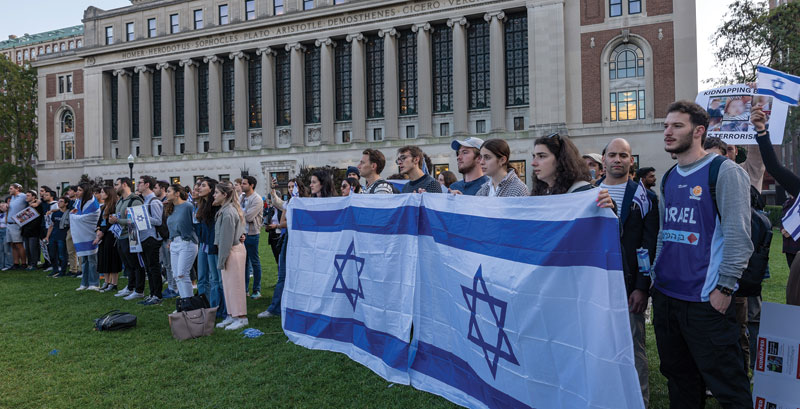Until Nazi Germany occupied its wavering ally Hungary in March 1944, the Jews of Budapest had survived in relative safety, though severely restricted and harassed.
But with the invasion, the arrival of Adolf Eichmann and the enthusiastic cooperation of the native Arrow-Cross fascists, the deportations and bloody killings of the city’s Jews reached a climax in the fall and winter of 1944.
Yet an estimated 33,000 Jews were saved, mainly through the courage of a few diplomats (the International Red Cross, for once, also helped) who set up “protected homes” under their nations’ flags.
The most famous of the rescuers, Raoul Wallenberg of Sweden, has been honored as embodying the Righteous Gentile. Some have also heard of the noble work of Swiss diplomat Carl Lutz.
Almost unknown is , an Italian, credited with sheltering and sustaining some 5,200 Jews from November 1944 until the liberation by Soviet troops in January 1945.
His story is now told in the film “Perlasca, The History of a True Man,” which will screen Sunday, March 20, at the Laemmle Music Hall in Beverly Hills, as part of the weeklong Hungarian Film Festival.
In the movie, Perlasca (Luca Zingaretti) is a balding, nondescript 34-year-old man, enjoying the wine and women of Budapest as representative of an Italian cattle import company.
But on Nov. 30, 1944, he comes across a raid on a house sheltering Jews and is horrified by the brutality of the SS and Hungarian police and the mistreatment of the Jews.
Similar to Oskar Schindler and his Nazi background, Perlasca is a proud veteran of Mussolini’s invasion of Ethiopia and of the Italian legion that aided the fascists in the Spanish Civil War.
After befriending some of the expelled Jews, Perlasca decides he must help and, waving a letter of appreciation from Spanish dictator Francisco Franco, manages to become an assistant to the sympathetic Spanish ambassador in Budapest.
Like Schindler, Perlasca is a man of strong nerves, great resourcefulness and infinite chutzpah.
As Budapest, “ruled by Satan,” descends into chaos, he bullies Hungarian officials into believing that all Jews are Sephardim, and therefore Spanish citizens, and produces fictitious orders from Franco, threatening execution of nonexistent Hungarian prisoners of war in Spain, if “his” Jews are harmed.
Even after the Spanish embassy flees the capital at the approach of the Red Army, Perlasca stays behind as the self-appointed “consul” of Spain.
Perlasca died in obscurity in Italy in 1992, but in recent years he has been recognized for his humanitarian heroism by Yad Vashem in Jerusalem and the governments of Italy, Spain and Hungary.
Directed by Alberto Negrin and based on Perlasca’s diaries and the book “The Banality of Goodness,” the film has Italian dialogue with English subtitles.
“Rosehill,” another movie at the film festival, has only tenuous ties to the Jewish experience, but explores a chapter in Hungary’s stormy history not well-known to Americans.
The year is 1956, and Gabor (Peter Andorai), a high-ranking minister in the Communist regime, lives a luxurious life in a large villa and garden, named Rosehill, with his much-younger wife, and their young children, Panka and Miksa.
Veteran communist Gabor has long-since rejected his bourgeois Jewish family roots and the kids grow up curious and carefree, mainly under the eyes of an old, devoutly Catholic female servant.
As summer arrives, two happenings change the fortunes of the family. A mysterious letter arrives from Israel, which Miksa hides from his father, and Hungarians rise against their government, followed by a brutal crackdown by Russian tanks.
Gabor is already under some suspicion but is offered a post in the new hard-line Soviet puppet regime. He refuses and then starts to reexamine his past life.
His introspection is closely connected to the letter from Israel, which brings news of the former woman comrade he loved, and then left in the lurch.
“Rosehill” is directed by Mari Cantu and is in Hungarian with English subtitles.
The plots of both films present some difficulties for monolinguistic American viewers, but provide interesting human and historical insights.
The Hungarian Film Festival runs March 18-24 at the Music Hall, 9036 Wilshire Blvd., Beverly Hills. Featured are 19 movies, including a retrospective of the pictures of Karoly Makk. “Rosehill” screens Sunday, March 20, at 2:45 p.m., followed by “Perlasca” at 5 p.m. For tickets, call (310) 274-6869 or visit www.laemmle.com. For festival information, call (818) 848-7395.























 More news and opinions than at a Shabbat dinner, right in your inbox.
More news and opinions than at a Shabbat dinner, right in your inbox.